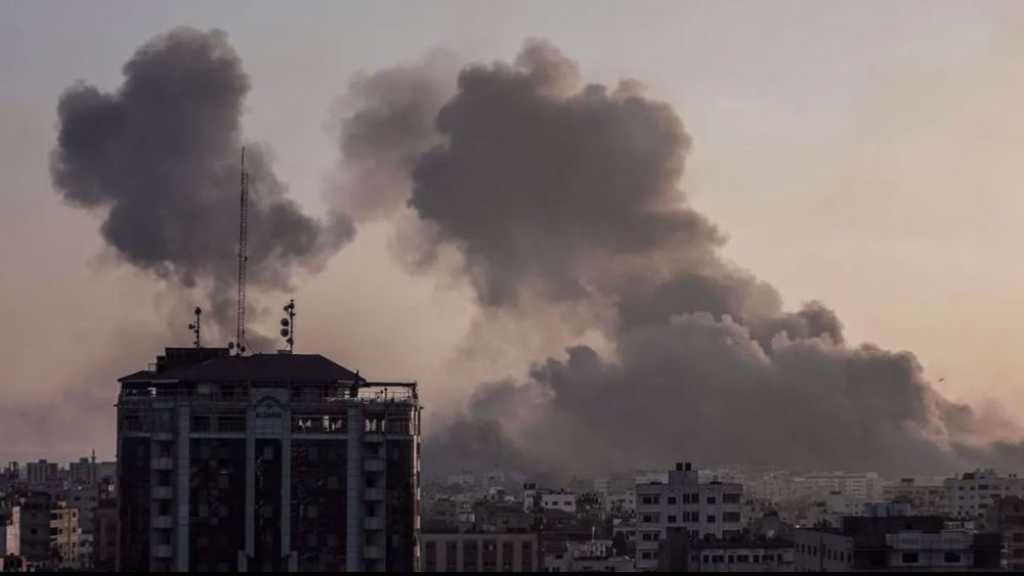
NYT: MBZ’s Biggest Concern Was Wahhabism

By Staff, NYT
A New York Times report revealed that the ruler of the United Arab Emirates [UAE] Mohammed bin Zayed al-Nahyan, MBZ as he’s mostly known outside his country, was gravely concerned about Wahhabism.
In 2005, MBZ told a United States ambassador, James Jeffrey, that his biggest concern was Wahhabism, according to a cable made public by WikiLeaks. He saw the Saudi royal family as feckless, but feared that the alternative in such a deeply conservative society could be a Daesh [Arabic acronym for “ISIS” / “ISIL”]-style Wahhabi theocracy. “Anybody who replaced the Al Saud would be a nightmare,” Jeffrey remembered him saying. “We have to help them help themselves.”
MBZ has been drawing criticism from human rights groups and diplomats for his military’s role in Yemen and Libya. Even some of MBZ’s admirers in diplomatic circles say that he can be too absolutist and that he has waded too deep into conflicts whose outcomes he cannot control.
The Emirati leader joined the Saudi aggression on Yemen to battle the Yemeni Ansarullah revolutionaries. In 2017. However, when he announced a withdrawal from Yemen in June, MBZ made clear that his new partnership with Saudi Arabia had limits. He also began charting a more diplomatic course with Iran.
The NYT report revealed MBZ's anxiety regarding the possibility of US President Donald Trump waging a war against Iran as tensions between both countries escalate after the assassination of General Qassem Soleimani, the commander of the Islamic Revolutionary Guard Corps [IRGC] –Quds Force.
MBZ appeared to have sensed that Tehran was starting to see Trump as a paper tiger – leaving the UAE dangerously exposed to further Iranian aggression. Soon afterward, the UAE issued conciliatory statements and sent a delegation to Iran in late July. That pattern of outreach and dialogue may be essential in the wake of the Suleimani assassination, as Iran’s neighbors struggle to avert a war.
Comments
- Related News

Islamic Resistance in Iraq Targets “Eilat”
4 months ago

